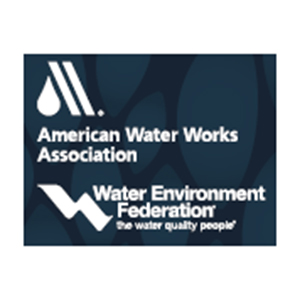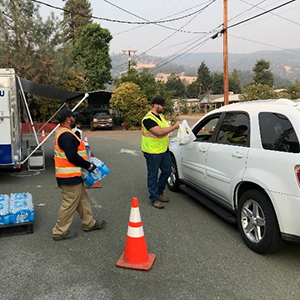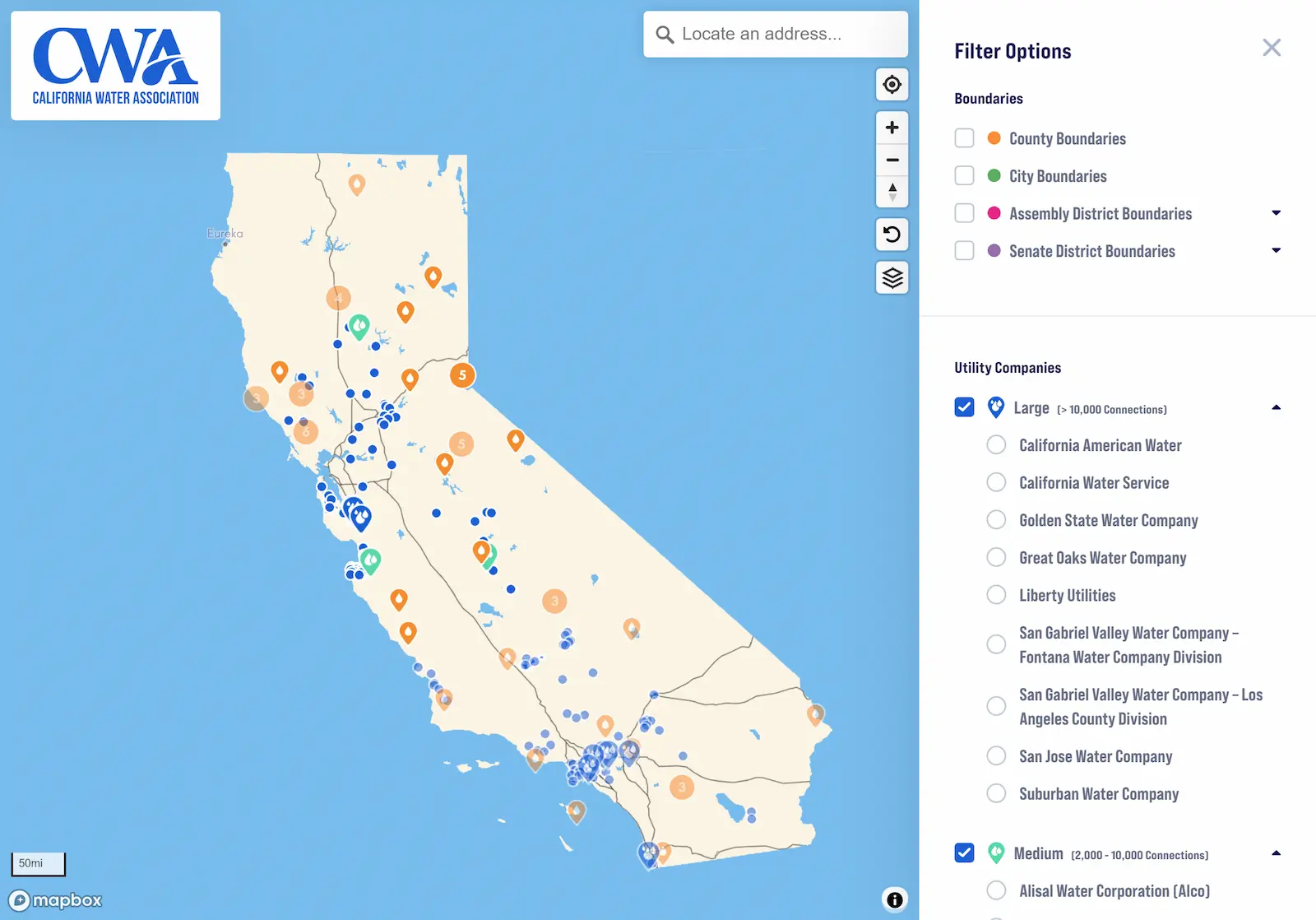With the California Public Utilities Commission managing two separate rulemakings on the affordability of utility service, and the State Water Resources Control Board grappling with its proposal for a statewide low-income assistance program, the issue of affordability is front and center in California. Indeed, it is a nationwide concern, as well. The American Water Works Association (AWWA) and the Water Environment Federation (WEF) hosted the inaugural Transformative Issues Symposium on Affordability on August 6-7 in Washington, D.C. The Symposium drew water sector professionals from across North America to discuss the most important and challenging issues associated with water and wastewater utility affordability. Presentations were delivered by thought leaders and water activists, who also engaged attendees in facilitated discussions to foster the exchange of ideas on affordability.
With financing of new and replacement infrastructure a continuing and imperative priority for most water and wastewater utilities, rate increases have been necessary for many utilities to sustainably fund infrastructure projects on an ongoing basis. Rate increases are a particular financial burden on low-income utility customers with the most adversely affected customers dedicating a significant portion of their household income toward water/wastewater utility bills. To reduce the impact, many utilities have implemented programs to assist low-income customers. Water utilities have addressed affordability concerns in many ways with the legislative framework driving differences at the local, regional, and federal levels.
Topics focused on identifying affordability concerns, overcoming legal and regulatory barriers, customer assistance programs, utility rate setting, infrastructure financing, and case studies that shared lessons learned from affordability programs implemented by water and wastewater utilities. The content considered key questions, challenges, solutions, and areas of acute interest most relevant to advance the knowledge and understanding of affordability on the federal, state, and regional/local levels. The symposium proceedings will be available after September 5 at https://www.awwa.org/conferences-education/conferences/affordability.aspx.
The AWWA is the largest nonprofit, scientific, and educational association dedicated to managing and treating water, the world’s most important resource. With approximately 51,000 members, AWWA provides solutions to improve public health, protect the environment, strengthen the economy, and enhance our quality of life. To learn more, visit www.awwa.org.
The WEF is a not-for-profit technical and educational organization of 34,000 individual members and 75 affiliated member associations representing water quality professionals around the world. Since 1928, WEF and its members have protected public health and the environment. As a global water-sector leader, WEF’s mission is to connect water professionals; enrich the expertise of water professionals; increase the awareness of the impact and value of water; and provide a platform for water sector innovation. To learn more, visit www.wef.org.






